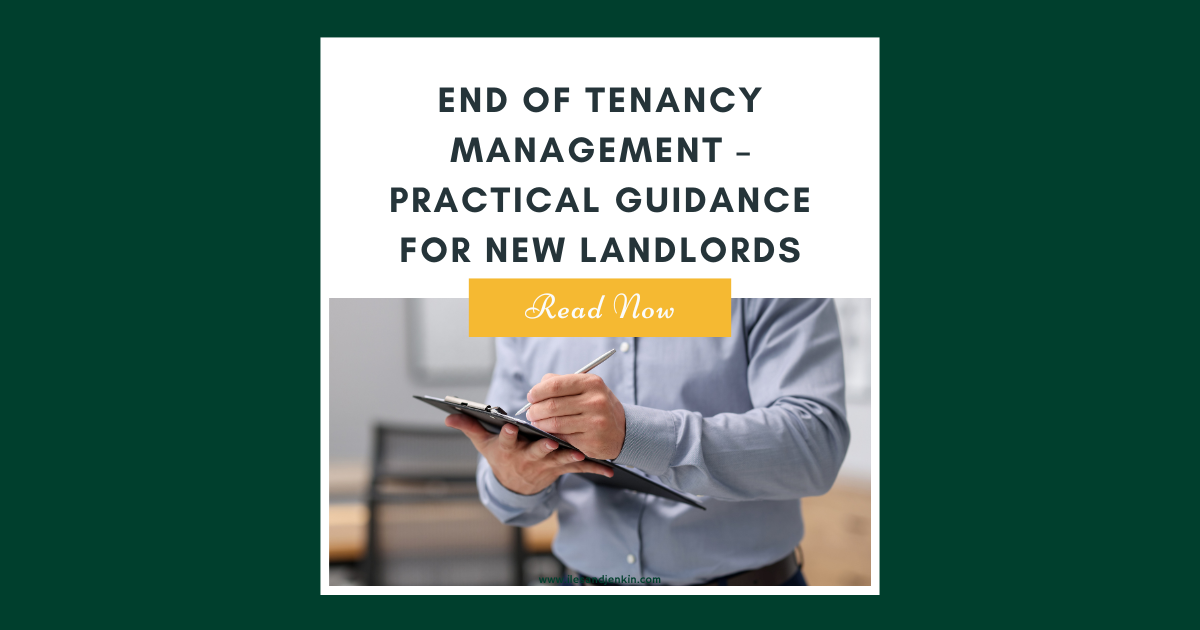Pets in Rental Properties – Change Is Coming
Allowing pets in rented properties has always been a sensitive subject for landlords. While many animals are well-behaved, the fear of property damage, nuisance, or legal complications often leads landlords to say no.
With upcoming changes under the Renters’ Rights Bill, this is about to shift. Here’s what you need to know about the current legal position, how the new rules will change things, and how to stay protected as a landlord.
🐾 Why Landlords Are Cautious About Pets
Most tenancy agreements include a ‘no pets’ clause, which is enforceable. If a tenant moves in a pet without permission, they could be in breach of contract.
Common landlord concerns include:
Damage or flea infestation
Increased wear and tear
Complaints from neighbours
Leasehold restrictions
Allergies for future tenants
With a maximum deposit of 5 weeks’ rent, landlords have limited financial protection. Recovering costs from a tenant directly can be time-consuming and unreliable.
🦮 Assistance Animals Are Not “Pets”
Under the Equality Act 2010, tenants with disabilities who rely on assistance animals (such as guide dogs or psychiatric support animals) are protected by law. Landlords cannot refuse these animals, even if their tenancy agreement or lease prohibits pets.
📝 The Model Tenancy Agreement
In 2021, the government updated its Model Tenancy Agreement to discourage blanket bans on pets. It encourages landlords to consider requests unless there’s a valid reason to refuse, such as lease restrictions or suitability of the property.
Although the model agreement isn’t mandatory, it signalled a change in approach - and laid the groundwork for future legislation.
⚖️ Legal Requirements to Know
Dangerous Dogs Act 1991: Includes American XL Bully breeds. These dogs require a certificate of exemption and public liability insurance, which should be verified by the landlord.
Microchipping (England) Regulations 2023: All cats and dogs must be microchipped and registered with correct contact details. While landlords aren’t legally required to check this, they can make compliance a condition in the tenancy agreement.
📜 What’s Changing? – Renters’ Rights Bill
The Renters’ Rights Bill proposes a new implied term for assured tenancies: tenants will have the right to request to keep a pet, and landlords cannot unreasonably refuse.
Here’s how it works:
The tenant must submit a written request with details about the pet.
Landlords must respond within 28 days, or consent is automatically granted.
If more information is needed, landlords have an additional 7 days to respond once received.
If a superior landlord (e.g. freeholder) needs to give permission, the same timelines apply.
Reasonable refusal examples include lease restrictions or property suitability (e.g. a large dog in a small flat). But in most cases - especially in family homes - landlords will be expected to say yes.
🛑 Importantly: Even if your advert says "No pets", tenants can still request one once in the property.
🔒 What About Insurance or Extra Deposit?
Initially, the Bill suggested landlords could request pet damage insurance - but this has been dropped.
An amendment to allow landlords to charge an extra 3-week deposit is under discussion in the House of Lords, but it's unclear if it will be included in the final legislation.
For now, landlords must rely on:
The standard 5-week deposit
Strong tenancy clauses
Mid-tenancy pet agreements (if a pet is requested later)
✅ What Landlords Should Do Now
Check if your landlords are aware of the proposed changes—many may not be.
Prepare to update tenancy agreements with clear pet clauses.
Be ready to create pet consent agreements for mid-tenancy requests.
Understand that a flexible, fair stance on pets will become the new standard.
At Iles & Jenkin, we’ll ensure our tenancy agreements include robust protection for landlords once the new rules come into force (likely late 2025). Whether you're open to pets or prefer to avoid them, we’ll help you stay compliant - and in control.
📞 Need advice on pets, paperwork, or upcoming legal changes?
Call us today on 01934 512537 or email lettings@ilesandjenkin.com.
We’re here to help landlords protect their properties, stay compliant, and succeed.



 By
By 
 posted by
posted by 


Share this with
Email
Facebook
Messenger
Twitter
Pinterest
LinkedIn
Copy this link